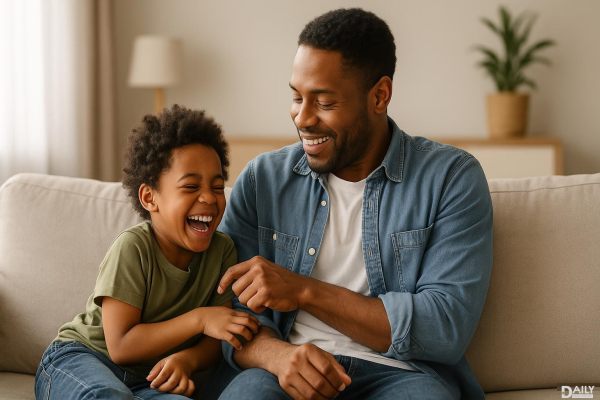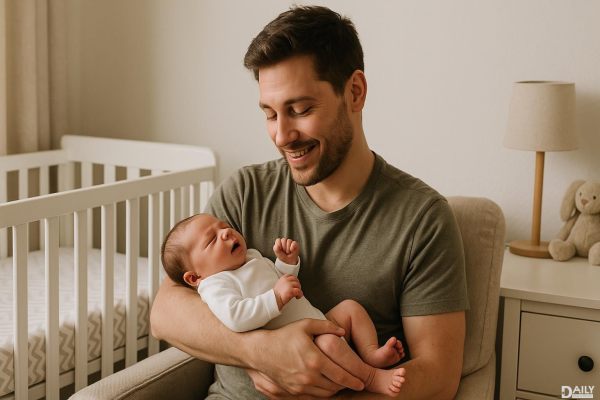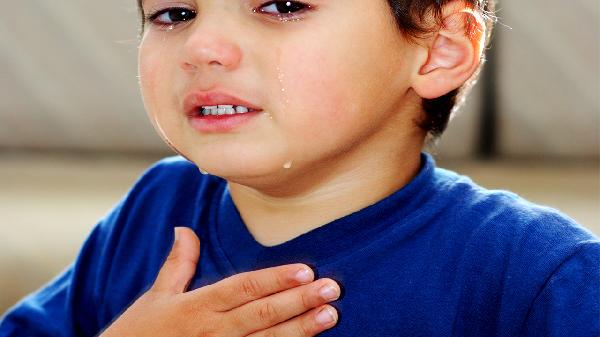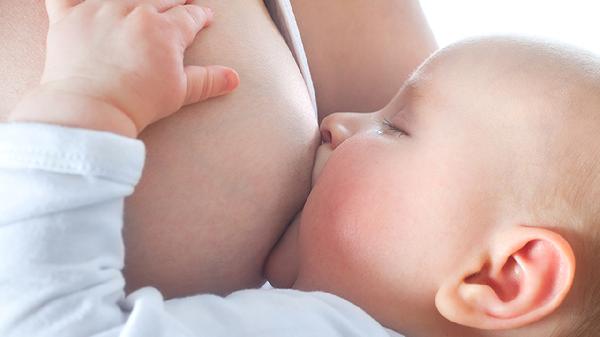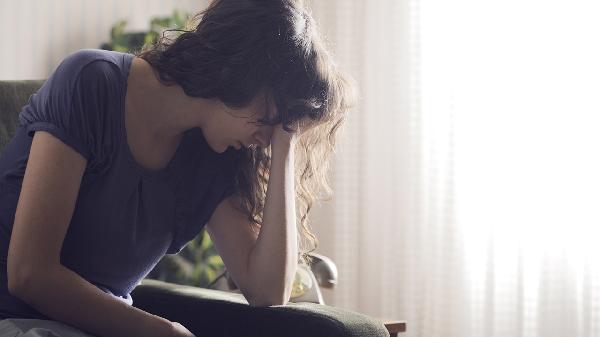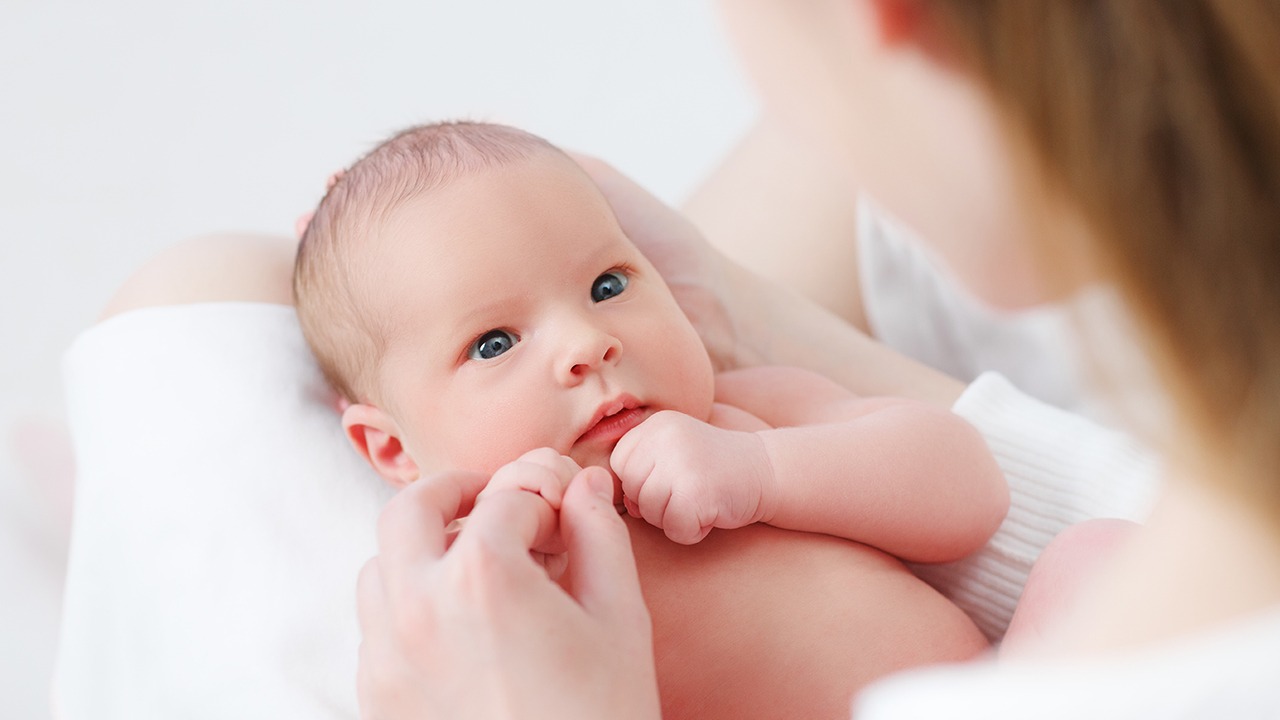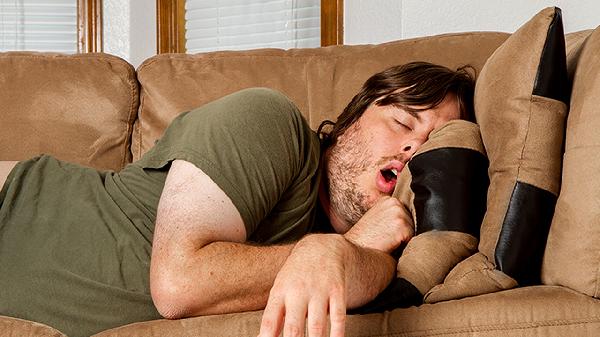Parenting in the digital age is a tightrope walk between guilt and survival. Like so many moms, I started with grand plans of sugar-free, screen-free perfection—until reality (and a global pandemic) hit like a freight train. What began as strict "Sesame Street" rationing morphed into a household where tablets became as essential as sippy cups. But here’s the twist: after years of internalizing screen-time shame, I’ve realized that being an "iPad mom" isn’t a parenting fail—it’s a modern-day lifeline.
The Myth of the Perfect Parent
Remember when we judged parents who handed their kids devices at restaurants? Yeah, me too. Pre-kid me swore my future children would only engage in Montessori-approved wooden toys and organic kale smoothies. Then I actually became a parent and discovered that ideals shatter faster than a dropped iPhone screen. The truth? Parenting isn’t about purity tests—it’s about adaptation. When COVID locked us indoors, that iPad wasn’t just a distraction; it was my daughter’s window to Spanish lessons on Duolingo, science experiments with Emily’s Wonder Lab, and virtual hugs from grandparents. Suddenly, the American Academy of Pediatrics’ one-hour screen limit felt as outdated as dial-up internet.
Why Experts Aren’t Freaking Out
Pediatrician Joel "Gator" Warsh (yes, that’s his real nickname) compares screen time to carbs: "It’s about quality and balance, not blanket avoidance." His take? A kid binge-watching "Cocomelon" for six hours straight is problematic. But a child who mixes Noggin educational games with soccer practice, museum trips, and offline play? That’s just 21st-century childhood. "Screens become unhealthy when they replace human interaction and physical activity," Warsh notes. "But used as a tool—not a babysitter—they can actually support development." Case in point: My daughter now counts to 20 in Mandarin thanks to an app, and her "Bluey"-inspired pretend play fills our apartment with more creativity than any wooden block ever could.
The Mental Health Equation
Here’s the unspoken truth: Screen time isn’t just for kids—it’s for parents clinging to sanity. That 30-minute Netflix session isn’t laziness; it’s strategic recharging. Research shows mothers experience "time poverty," a chronic lack of minutes for basic self-care. When my kid’s engrossed in "Daniel Tiger," I’m not neglecting her—I’m stealing moments to pay bills, call my therapist, or simply stare at a wall without someone asking why the sky is blue (again). As Warsh puts it: "A mentally healthy parent is the single greatest predictor of a child’s well-being. Sometimes, that means trading perfect screen limits for imperfect peace."
Breaking the Shame Cycle
My informal mom-group poll revealed a hilarious hypocrisy: Every parent I know uses screens, yet no one admits it freely. We whisper about tablet use in parking lots like it’s a dirty secret, then post Instagram stories of our kids finger-painting like we’re running a Waldorf school. This cognitive dissonance isn’t just exhausting—it’s harmful. Normalizing screen time as a parenting tool (not a crime) could lift the collective guilt weighing on moms. After all, our parents plopped us in front of "Barney" so they could cook dinner; we’re just upgrading to touchscreens.
The Art of Conscious Compromise
Of course, unchecked screen time has real downsides—from sleep disruption to attention issues. That’s why we’ve implemented "tech hygiene" rules: No devices during meals or 90 minutes before bed. We curate content like museum curators (goodbye, unboxing videos; hello, "Odd Squad"). And crucially, screens never replace outdoor adventures or family game nights. But on days when life feels like a three-alarm fire? Handing over the iPad isn’t surrender—it’s survival. As one mom friend joked: "My kid learned fractions from 'Peg + Cat' while I ugly-cried in the pantry. That’s a win-win."
So here’s my verdict after years of screen-time angst: Parenting isn’t about avoiding technology—it’s about harnessing it without losing ourselves in the process. If my daughter grows up bilingual, curious, and knowing I wasn’t too burned out to enjoy her childhood, I’ll take that trade-off any day. Now if you’ll excuse me, it’s 4 p.m.—time for her "Wild Kratts" episode and my sacred coffee break. Some modern traditions are worth keeping.
